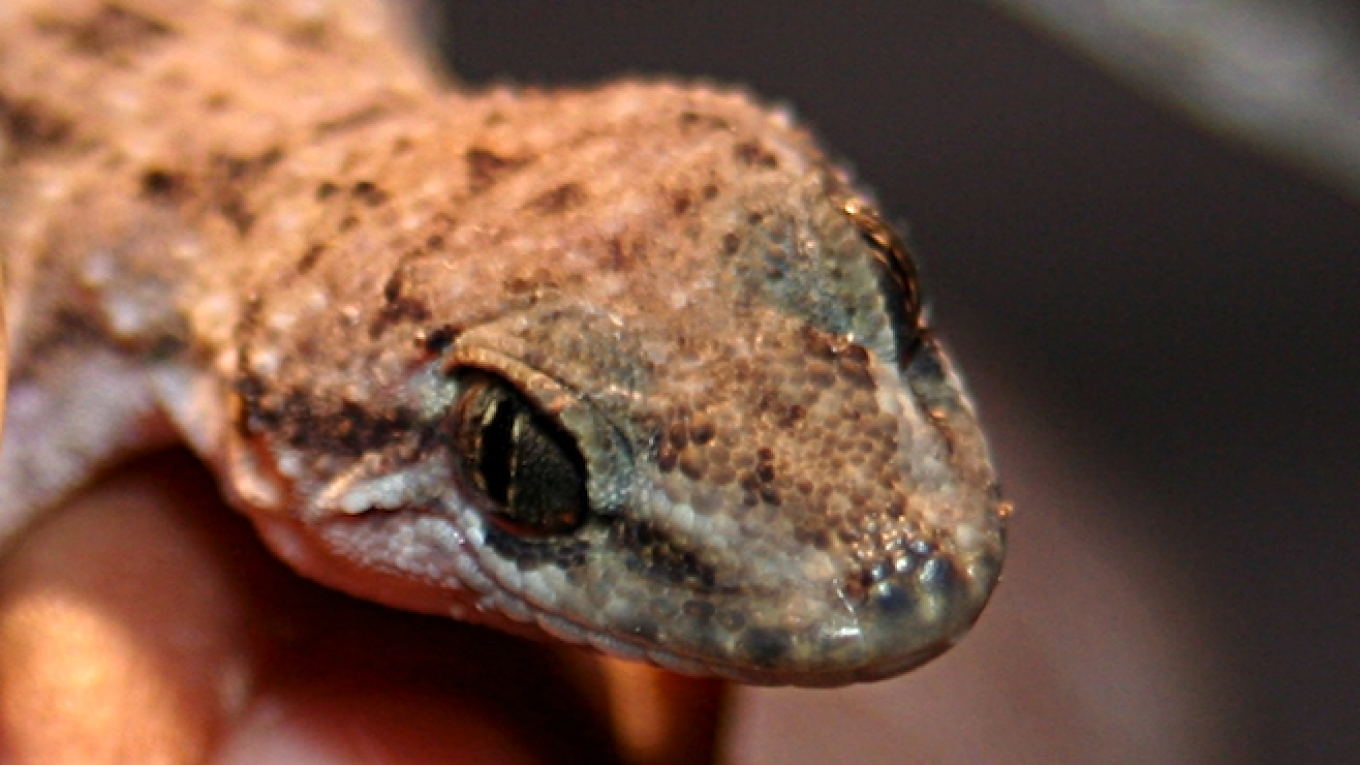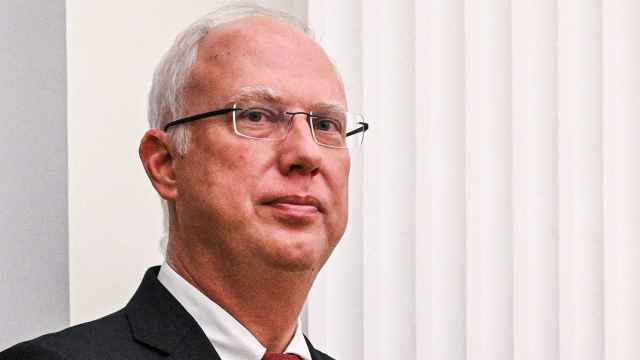Scientists do not know if Russia's infamous sex geckos, which were launched into space last month, are dead, alive, or having sex, a space industry source told news agency RIA Novosti on Wednesday.
The Photon-M4 satellite was launched from the Baikonur Cosmodrome on July 19 with five geckos on board, together with fruit flies, plant seeds and several other non-biological experiments. Less than a week after its launch, Mission Control reported that it had lost communications with the spacecraft.
On July 26, Russia's Federal Space Agency, or Roscosmos, said it had reestablished control over the vehicle and that the mission was proceeding as planned.
However, on Wednesday a source in the space program told RIA Novosti that it is not clear what has become of the frisky geckos that have captured the world's attention throughout the flight.
The gecko's mission is to mate in space, allowing Russian scientists to study the effects of zero gravity on an organism's reproductive system.
Although communications with the satellite are back on line and the satellite's multi-faceted scientific mission is proceeding as planned, there is no way to ensure that the geckos are upholding their end of the bargain and mating in the name of science, the source said.
The satellite was not equipped to transmit video or any other information on the status of the animals themselves, since the experiment did not strictly require their daily observation. In a spacecraft, weight is a primary consideration and only essential instruments and hardware are installed.
There is a camera aboard, however, that is recording the activity of the geckos and will be reviewed after the satellite returns to earth next month. Only then will the true fate of the geckos be known.
The source said there was no reason for alarm, as the spacecraft is operating normally. The commands to open the feeder and water supply for the geckos and other animals aboard the spacecraft have all been executed without problem.
The mission's troubles follow an incident last year with a Bion-M satellite — which physically resembles Photon-M – when a massive equipment failure killed most of the gerbils, mice and fish in its pressurized interior.
The 60-day research program aboard the Photon-M also includes growing pure crystals to develop technologies for the production of semiconductors and nanobiosensors for new cancer treatments.
See related:
Russian Satellite Fail Leaves Geckos and Fruit Flies Lost in Space
Muted NASA Presence as Russia Hosts International Space Science Conference
A Message from The Moscow Times:
Dear readers,
We are facing unprecedented challenges. Russia's Prosecutor General's Office has designated The Moscow Times as an "undesirable" organization, criminalizing our work and putting our staff at risk of prosecution. This follows our earlier unjust labeling as a "foreign agent."
These actions are direct attempts to silence independent journalism in Russia. The authorities claim our work "discredits the decisions of the Russian leadership." We see things differently: we strive to provide accurate, unbiased reporting on Russia.
We, the journalists of The Moscow Times, refuse to be silenced. But to continue our work, we need your help.
Your support, no matter how small, makes a world of difference. If you can, please support us monthly starting from just $2. It's quick to set up, and every contribution makes a significant impact.
By supporting The Moscow Times, you're defending open, independent journalism in the face of repression. Thank you for standing with us.
Remind me later.






